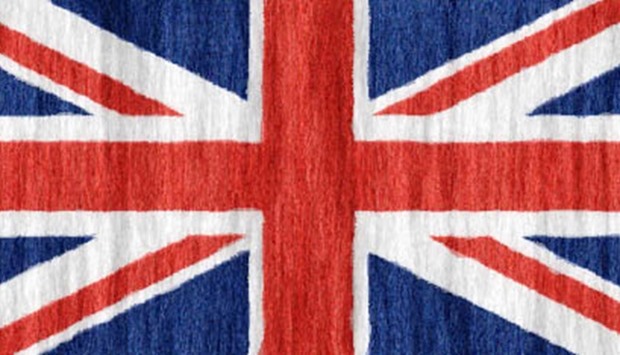Leaders representing 1.3mn NHS staff have endorsed a deal that will deliver a pay rise of at least 6.5% over three years, despite concerns it will mean a further fall in real incomes.
Thirteen unions backed the government’s offer, which they praised for ending the pay freezes and 1% pay cap policies that the coalition government introduced in 2010 as part of its controversial austerity programme.
If accepted in separate union ballots, the deal will give nurses, midwives, healthcare assistants, paramedics, therapists, cleaners, porters and other NHS staff in England an average rise of 3% in the year starting in April and then 2% more in 2019-2020 and 1% extra in 2020-21. The package will cost the government £4.2bn over the next three years.
The half of NHS staff who are already at the top of their pay scale will get the 6.5%. But the other half will receive pay rises of between 9% and 29%, with those at the bottom of their pay scales receiving the most, by 2020-21.
For example, the salary of a specialist nurse, physiotherapist or other worker on the bottom of the band-seven pay scale, who currently earns £31,696, would rise by 29% to £37,890 by 2020-21. Similarly, the pay of the 13,925 nurses, midwives, therapists, scientists and other staff in the middle of band five will rise over the three years from £24,547 to £30,615 – a 24.7% increase.
The deal’s targeting of bigger increases on the NHS’s lowest-paid will give around 100,000 staff a minimum salary of £17,460 by 2020-21 and mean they earn more than the Living Wage.
“The deal is neither a magic wand nor a blank cheque, but commits significant government cash to overlooked NHS staff without making any unpalatable demands in return. For that reason we will be asking members to vote in favour,” said Janet Davies, the general secretary of the Royal College of Nursing, which represents 400,000 nurses in the UK.
She welcomed the proposed deal as ending the “brutally unfair pay cap” and as a tool to help reverse the NHS’s deepening problem of recruiting and retaining nurses.
Unions, including Unison, Unite and the Royal College of Midwives, have accepted the deal after months of tense “often lively” behind-the-scenes talks with the government.
They are advising members to accept the deal, partly because 6.5% is the best pay offer they believe they can extract, given the weakness of public finances, and also because of other benefits included in the package. The GMB is advising its members to reject the deal, saying it meant a real terms pay cut.
Jeremy Hunt, the health and social care secretary, said the pay offer reflects “public appreciation” for how much NHS staff “have done and continue to do”. Answering an urgent question in the Commons, he described the agreement as a “something for something deal”.
Hunt said it would bring in “profound changes in productivity in exchange for significant rises in pay”.
There will be no change to unsocial hours payments, which help NHS staff earn important extra income from working overnight and at weekends. In addition, those who are at the bottom of their pay band will receive bigger rises, to help them climb their scale more quickly.
The government’s insistence that staff give up a day’s holiday in return for more cash had threatened to scupper the prospects of an agreement. But after union leaders warned Hunt that such a condition was “unreasonable” and would trigger a grassroots backlash, ministers dropped the condition.
Some union leaders remain concerned that staff, whose incomes have fallen by around 14% in the last seven years, will reject the deal. It has to be accepted by all 14 unions or it will not go ahead, ministers say.
Dr Nick Scriven, the president of the Society for Acute Medicine, which represents hospital specialists in acute and general medicine, welcomed the pay restraint being lifted for the “people who are the very lifeblood and glue that hold the NHS together”. But he warned the deal would still mean a cut in staff’s spending power, given that inflation over the next three years was estimated to be about 9%.
He added: “It has been calculated that these staff have seen a 14% drop in real-terms income since 2011 and despite the rise over three years this could actually mean a further drop.”
NHS Providers, which represents NHS trusts in England, welcomed the government’s decision to fund all of the £4.2bn pay rise rather than expect the financially-stricken health service to foot part of the bill.

UK Flag
